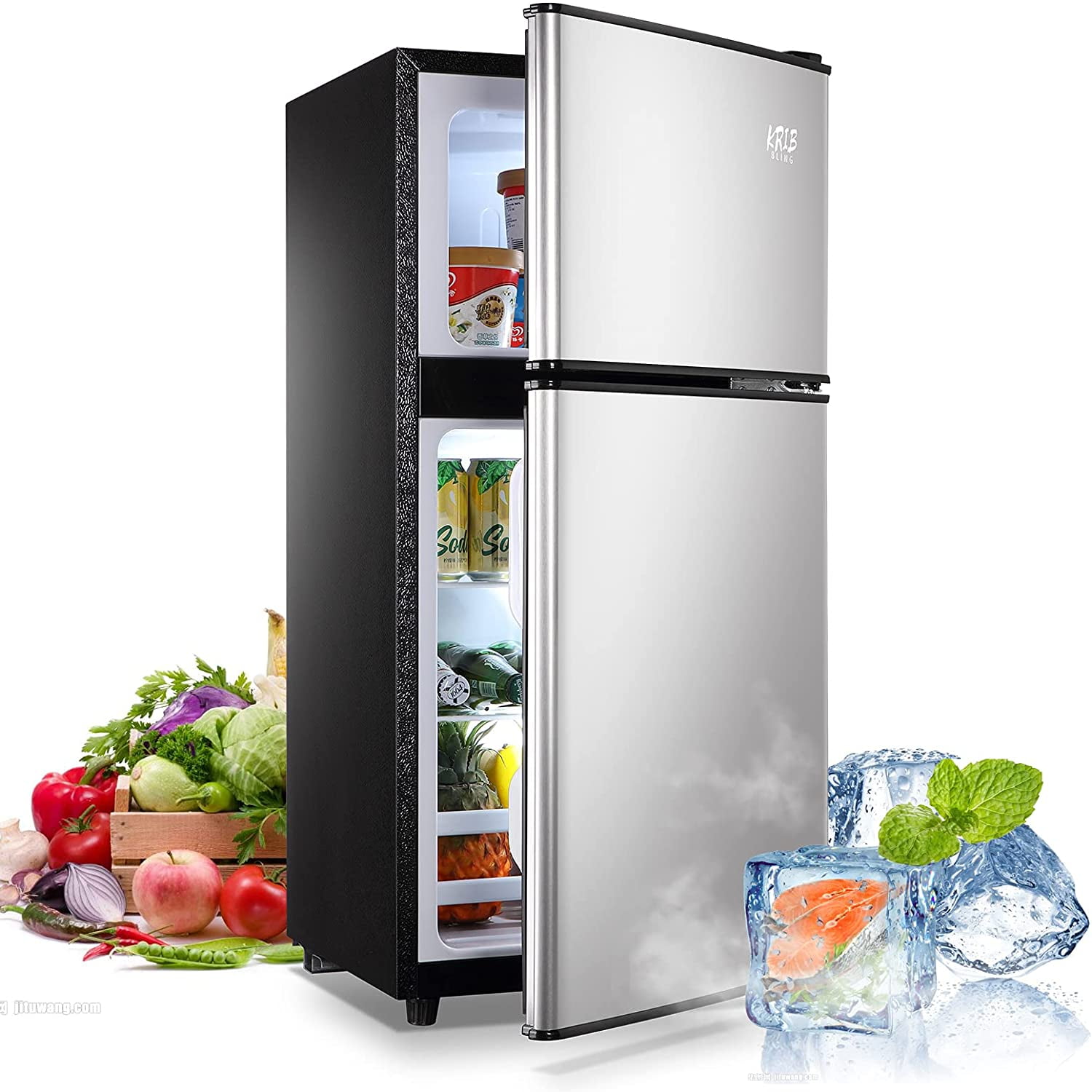When you’re outfitting your kitchen with new appliances, one of the most significant investments you’ll make is purchasing a refrigerator. It’s an essential appliance in any home, keeping our food fresh and our beverages cold. However, many shoppers are often taken aback by the high price tags attached to refrigerators. So, why are refrigerators so expensive? Let’s delve into the factors that contribute to the cost of this indispensable kitchen appliance.
Advanced Technology: Modern refrigerators are equipped with a range of technologies that enhance their functionality. Features such as energy-efficient systems, digital temperature controls, and smart technology that allows you to control your refrigerator via your smartphone all add to the cost. The integration of these advanced technologies requires significant research and development, which in turn increases the price.
Materials and Components: High-quality materials are essential for the durability and efficiency of refrigerators. Stainless steel, used for its robustness and sleek appearance, is more expensive than other materials. The insulation materials, cooling mechanisms, compressors, and electronic systems also contribute significantly to the overall cost.
Design and Aesthetics: Consumers demand appliances that not only perform well but also look good in their kitchen. Refrigerators come in various designs, such as French door, side-by-side, top freezer, and bottom freezer models, each with different price points and features. The aesthetic elements, like custom panels, built-in models, and unique color finishes, can also increase the cost.

High Production Costs: The process of manufacturing a refrigerator is complex and requires precision. Each unit must meet specific safety and performance standards, which necessitates thorough testing and quality control. These factors result in higher production costs compared to less complex appliances.
Labor Costs: Skilled labor is essential for the assembly and inspection of refrigerators. As labor costs have risen globally, so too have the costs associated with producing high-quality appliances.
Compliance with Regulations: Refrigerators must comply with various environmental and safety regulations. Ensuring compliance can involve additional costs in design, materials, and manufacturing processes.
Innovation and Competition: The refrigerator market is highly competitive, with brands continually striving to outdo each other with innovative features and designs. This competition drives up research and development costs, which are often passed on to the consumer.
Consumer Demand: There is a high demand for refrigerators with specific features such as ice makers, water dispensers, and customizable compartments. As manufacturers aim to meet these demands, the complexity and cost of production rise.
Size and Weight: Refrigerators are large, bulky items that require careful handling and transportation. The cost of shipping a refrigerator from the manufacturing plant to retail stores or directly to consumers can be considerable.
Installation Complexity: Some high-end models require professional installation, which adds to the overall cost of purchasing a refrigerator.
Supply Chain Issues: Recent global events, such as the COVID-19 pandemic, have disrupted supply chains, leading to shortages of components like microchips, which are crucial for the smart functions of modern refrigerators. These shortages can cause prices to spike.
Economic Factors: Inflation and changes in global trade policies can affect the cost of raw materials and components, impacting the final price of refrigerators.
Understanding why refrigerators are so expensive can help consumers make more informed decisions when purchasing this vital appliance. While the initial cost might be high, investing in a quality refrigerator can lead to greater efficiency, durability, and satisfaction in the long run. For more insightful articles on kitchen appliances, visit us at TheKitchenApplianceDad.com.


